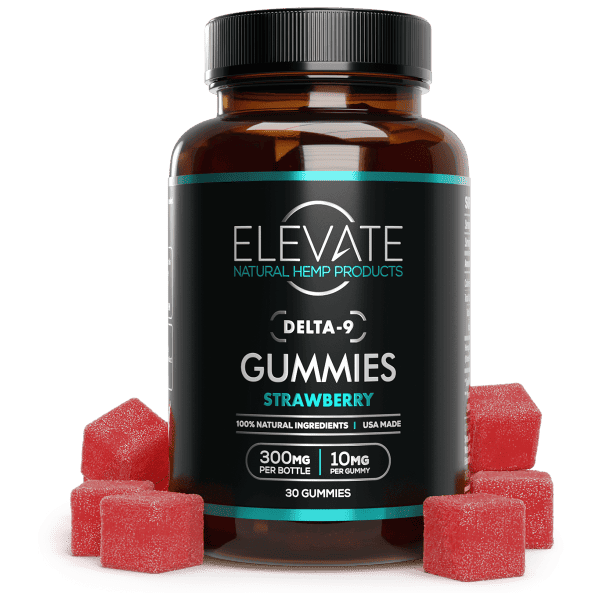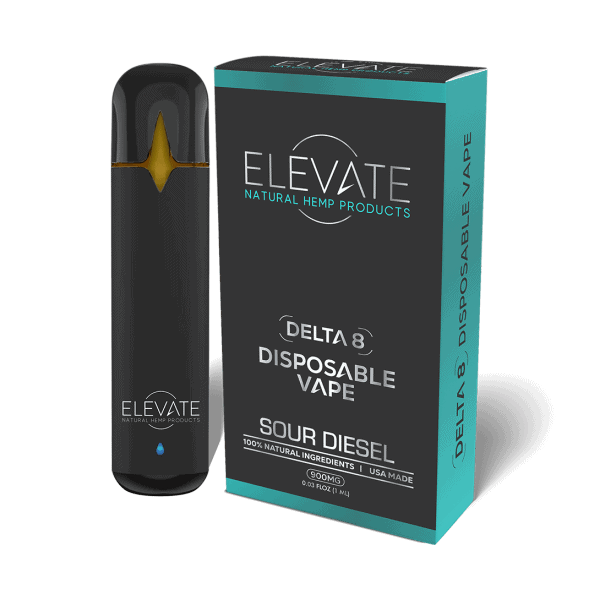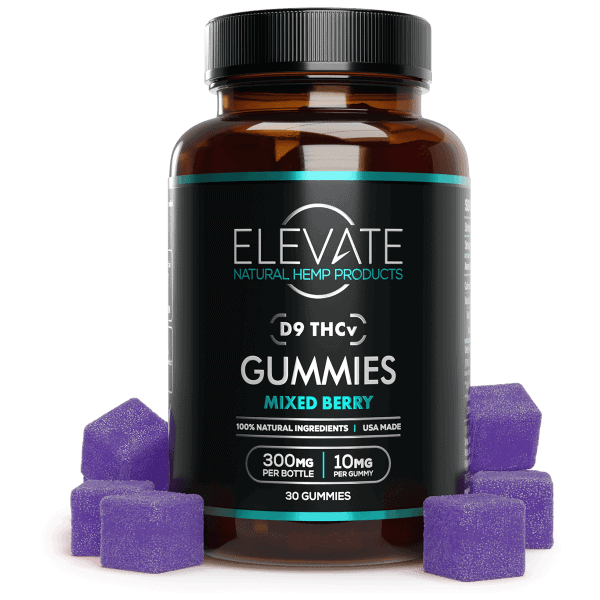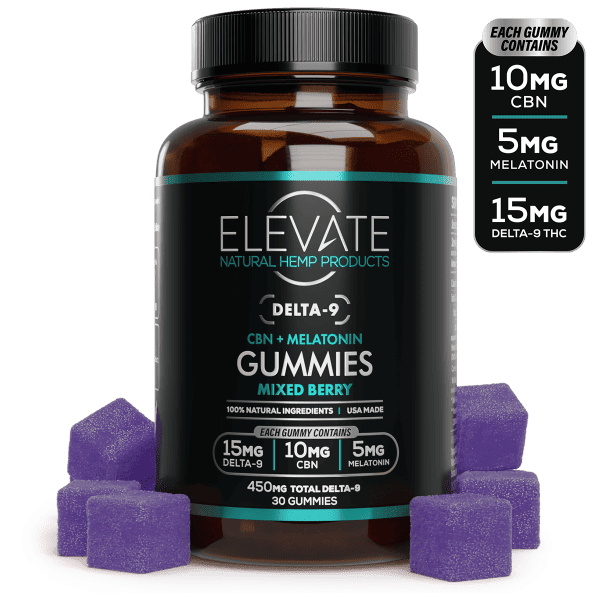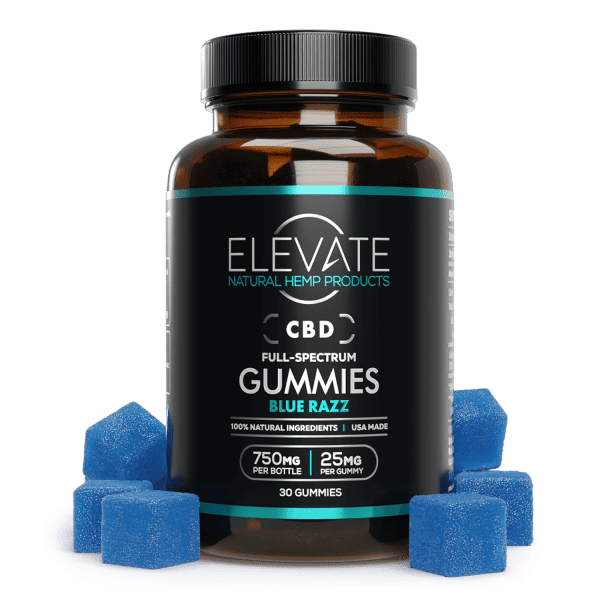
Does Delta 8 THC Make You Hungry? – Here Is What Research Have To Say
Delta 8, a cannabinoid derived from cannabis plants, has gained significant attention for its potential therapeutic benefits. As more people explore its effects, a common question arises: whether Delta-8 makes you hungry.
In this blog post, we delve into the relationship between Delta-8 and regulating hunger, examining its impact on the central nervous system and the body’s endocannabinoid system.
Through a detailed exploration of scientific research, we aim to shed light on whether consuming Delta-8 will suppress or increase appetite. This will help consumers to have an understanding of its effects on hunger.
The Endocannabinoid System and Appetite Regulation
To comprehend the connection between Delta-8 and hunger, it is crucial to understand the endocannabinoid system (ECS). This complex network of receptors and chemical compounds plays a vital role in regulating various bodily functions, including appetite control.
By interacting with the ECS, delta-8 THC may influence hunger signals and act as an appetite stimulant.
Delta-8 and Appetite Stimulation
Several studies have suggested that consuming cannabis in the form of Delta 8 gummies or flowers has the potential to stimulate appetite. The psychoactive effects of delta-8 can activate other cannabinoid receptors in the brain, increasing food intake.
Additionally, Delta-8 may enhance the release of ghrelin, a hormone associated with hunger, thereby promoting feelings of hunger.
Delta-8 and Weight Gain
The appetite-stimulating properties of delta-8 raise questions about its potential impact on body weight.
While some individuals may experience weight increases due to increased food consumption, it is essential to note that delta-8 does not solely determine weight. Factors such as overall diet, exercise, and individual metabolism also play crucial roles in regulating weight.
Delta-8 and Weight Loss
Contrary to the common belief that cannabis products inevitably lead to weight gain, some research suggests that Delta-8 may help you lose weight. However, more research is needed to understand the mechanisms behind this potential effect and its long-term impact on weight loss.
While existing research provides valuable insights, it is important to recognize the need for further investigation into the effects of Delta-8 THC on appetite. More research with larger sample sizes and controlled conditions can better understand the relationship between delta-8 THC and hunger.
Delta-8 and Healthy Eating
For individuals concerned about the potential increase in appetite associated with Delta 8, making mindful food choices can be beneficial. Opting for healthy snacks and incorporating a balanced diet can help manage hunger and weight loss while enjoying the potential benefits of Delta-8 THC hemp-derived products.
Munchies and Delta-8
One common question among Delta-8 users is whether delta-8 can make you hungry, leading to the infamous “munchies” often associated with cannabis use. Let’s explore some ways to prevent or manage the delta-8 munchies.
Prevent Delta-8 Munchies
While it is difficult to eliminate the possibility of experiencing munchies when consuming delta-8, there are several strategies you can employ to manage the increased hunger.
First and foremost, planning to have healthier snacks and more food readily available can help curb unhealthy food choices. Opting for fruits, vegetables, or protein-rich snacks can satisfy your hunger while providing essential nutrients.
Additionally, staying hydrated throughout the day can help reduce the intensity of the munchies and prevent overeating. Incorporating mindfulness techniques into your routine, such as mindful eating and meditation, can also help you make informed food choices.
If you plan, stay hydrated, and make informed decisions about your food intake, you can manage the delta-8 munchies and fully enjoy the potential benefits it offers.
What Effects Does Delta-8 Have on the Human Body?
Delta-8 THC, like regular THC (delta-9-tetrahydrocannabinol), interacts with the endocannabinoid system in the body. This system regulates various physiological processes, including appetite, improved mood, pain, and stress response.
When delta-8 binds to the receptors in the brain and body, it can produce an array of effects. These receptors may help you feel relaxed, experience pain relief, reduce anxiety, and potentially increase feelings of hunger.
How Delta-8 Causes Appetite Stimulation
The exact mechanism by which delta-8 stimulates appetite is not fully understood. However, it is believed that activating cannabinoid receptors, particularly the CB1 receptors in the brain, plays a crucial role.
When delta-8 binds to these receptors, it may increase the release of certain neurotransmitters, such as dopamine, which can stimulate appetite. Additionally, delta-8 may enhance the sensitivity of taste buds, making food more enjoyable and increasing the desire to eat.
Understanding how Delta-8 interacts with the endocannabinoid and central nervous systems is key to comprehending its influence on hunger.
It is crucial to note that individual responses to Delta-8 may vary, and consulting with a healthcare professional is always recommended before incorporating any hemp-derived product into your routine.
What Are the Advantages of Delta-8?
Despite the potential for increased appetite, Delta-8 offers many benefits. Its psychoactive effects are generally milder than regular THC, making it a more suitable choice for individuals who prefer a gentler experience.
Delta-8 has shown promise in managing pain, reducing anxiety, and promoting relaxation, making it a popular choice among those seeking therapeutic relief. Moreover, delta-8 is legal in many states where regular THC remains prohibited, providing an alternative for individuals looking to explore the benefits of cannabis.
Conclusion: Do You Get The Munchies With Delta 8?
The impact of Delta-8 on appetite is a complex and multifaceted topic. Some individuals may experience an increase in appetite, leading to munchies, although the severity may vary depending on the individual and the dosage consumed.
Others may find that Delta-8 acts as an appetite suppressant or has no significant effect on their appetite. Nonetheless, the potential therapeutic benefits of this novel cannabinoid, such as pain relief and anxiety reduction, make it an appealing option for those seeking alternative remedies
Related Posts
Live Resin Carts vs Normal Carts
Are you curious about the buzz surrounding live resin carts and how they compare to traditional vape cartridges? Live resin carts have surged in popularity …
Does THCa Get You High?
Curious about THCa and its effects? You’re not alone. As cannabis research expands, more light is shed on the lesser-known compounds in the plant. THCa, …






